MOOCs are, and will be, big business, and the way that their makers see profitability at the end of the tunnel is what gives them their particular shape. … the MOOCs which are now being developed by Silicon Valley startups … aim to do exactly the same thing that traditional courses have always done -transfer course content from expert to student - only to do so massively more cheaply and on a much larger scale. … MOOCs are simply a new way of maintaining the status quo, of re-institutionalizing higher education in an era of budget cuts, skyrocketing tuition, and unemployed college graduates burdened by student debt. … the California legislature proposes to solve a real systemic crisis - collapsing public resources, diminishing affordability, and falling completion rates in the state’s higher education system - by sending its students to MOOCs. … If this bill passes, the winners will be Silicon Valley and the austerity hawks in the California legislature … To put it quite bluntly, MOOCs are a speculative bubble, a product being pumped up and overvalued by pro-business government support and a lot of hot air in the media. Like all speculative bubbles—especially those that originate in Silicon Valley—it will eventually burst.
Via
Peter B. Sloep



 Your new post is loading...
Your new post is loading...

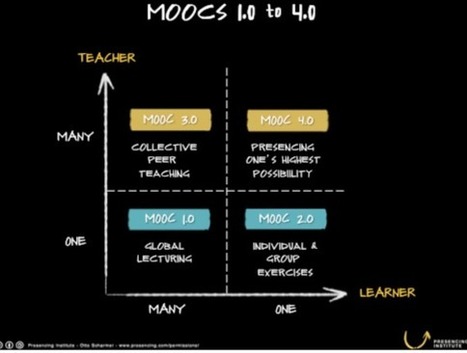

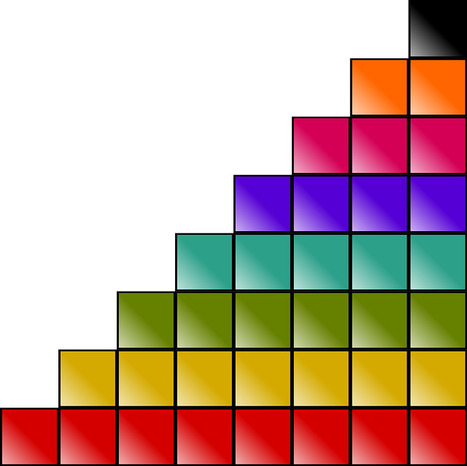










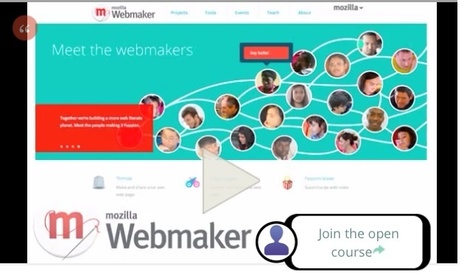

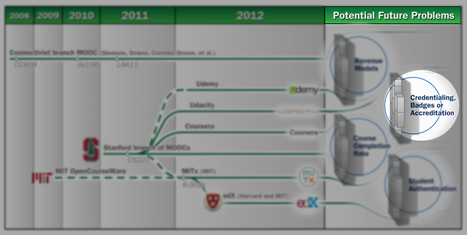














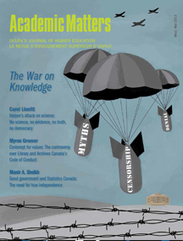
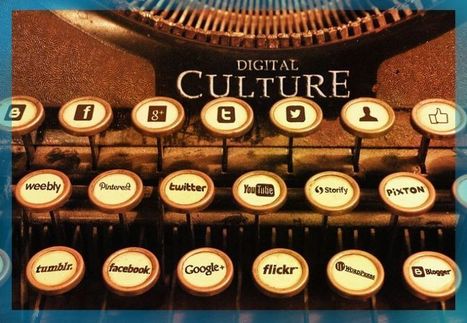


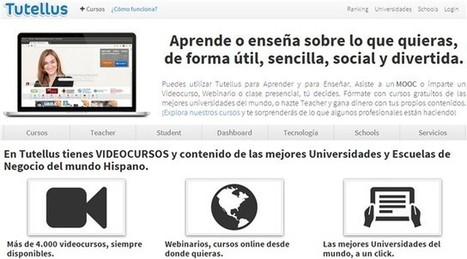












Interesting approach! Thank you